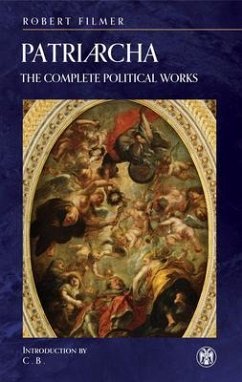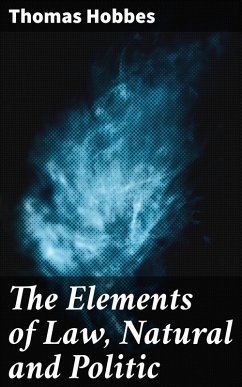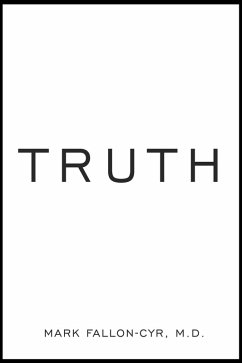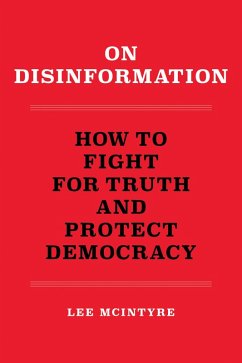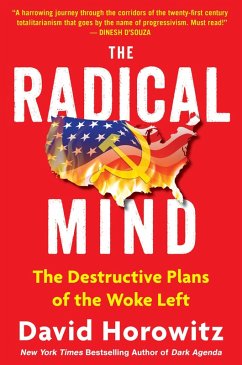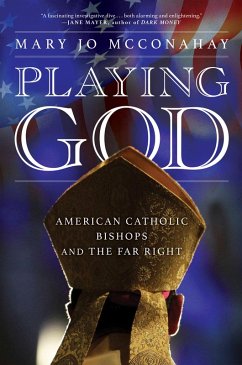
Patriarcha (eBook, ePUB)

PAYBACK Punkte
0 °P sammeln!
In "Patriarcha," Robert Filmer presents a provocative treatise that defends the divine right of kings, positing that political authority derives from paternal power. Filmer employs a blend of philosophical argumentation and historical exposition, drawing on biblical precedents and classical sources to construct his vision of monarchy as a natural and divinely ordained institution. The book's literary style reflects the intellectual currents of the 17th century, characterized by a rigorous, often polemical tone that seeks to counter the growing tide of republicanism and social contract theories...
In "Patriarcha," Robert Filmer presents a provocative treatise that defends the divine right of kings, positing that political authority derives from paternal power. Filmer employs a blend of philosophical argumentation and historical exposition, drawing on biblical precedents and classical sources to construct his vision of monarchy as a natural and divinely ordained institution. The book's literary style reflects the intellectual currents of the 17th century, characterized by a rigorous, often polemical tone that seeks to counter the growing tide of republicanism and social contract theories articulated by contemporaries like Hobbes and Locke. Robert Filmer (c. 1588-1653) was an English political theorist whose aristocratic background and experiences through the tumultuous periods of the English Civil War colored his perspectives on authority and governance. His defense of monarchy was shaped not only by personal belief but also by the political climate of his time, as he witnessed the challenges to monarchic rule and the ascendancy of constitutional arguments. This context of unrest and ideological conflict galvanized Filmer's resolve to argue for an absolute and hereditary form of leadership based on familial and divine ties. "Patriarcha" is essential reading for those interested in the foundations of political thought and the historical debate surrounding the legitimacy of authority. Filmer's work serves as a counterpoint to modern democratic ideals, urging readers to contemplate the intricate interplay of power, inheritance, and sovereignty. It is a vital text for students of political philosophy and history, warranting close examination for its insights into the tension between tradition and emerging political theories.
Dieser Download kann aus rechtlichen Gründen nur mit Rechnungsadresse in A, B, BG, CY, CZ, D, DK, EW, E, FIN, F, GR, H, IRL, I, LT, L, LR, M, NL, PL, P, R, S, SLO, SK ausgeliefert werden.




